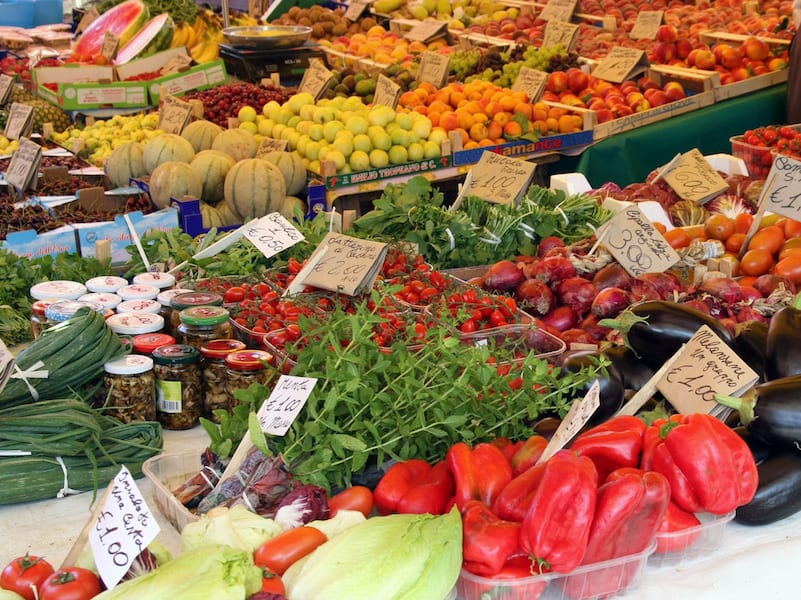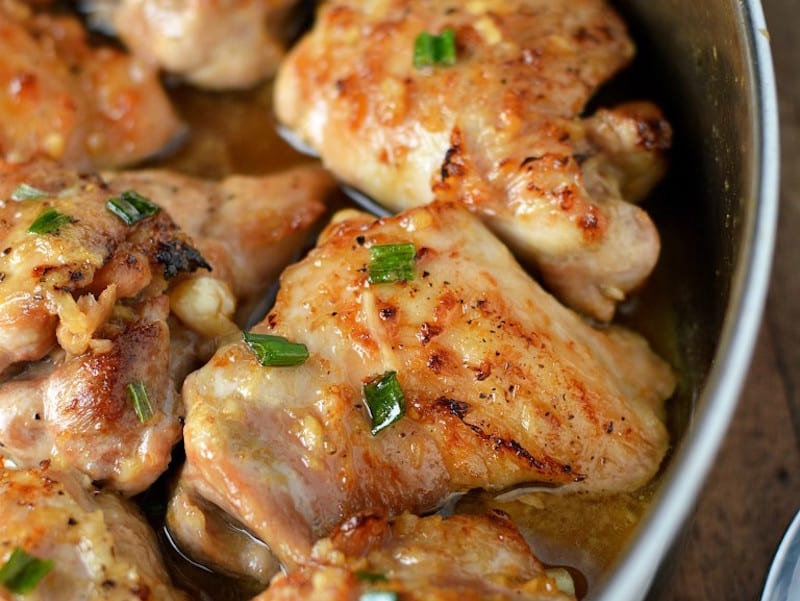Veronica is a born and raised Italian. She inherited her…
Here are a few tips on how to eat with the seasons to prevent diseases and feel great.
 Photo by G. Giustolisi
Photo by G. Giustolisi
It is now scientifically proven that eating healthily helps in the prevention of many important diseases. Nowadays, science confirms what the ancients already knew: we are what we eat. And what we eat can be our medicine if we pander to the rhythms of nature, choosing seasonal fruit and vegetables, preferably local and organic.
Today, the comfortable life has made us more lazy, industrial food has anesthetized the palate, getting used to fake flavors, too sweet or too salty. The vegetables available all year round in supermarkets, without regard to seasonality, are swollen with water, grown in greenhouses, high in pesticides and tasteless.
Eating vegetables can be useless (and, in certain cases, even damaging) if the vegetables are not in season.
Nature does not leave anything to chance and every season has its flavors and colors. Warm and light colors for summer fruit and vegetables that help protect us from high temperatures, providing salts and vitamins. The colors of winter vegetables, instead, are more muted and comfortable. Winter vegetables are source of many vitamins and nutrients to protect us from the cold and temperature changes, typical of autumn and winter.
In the colder months of the year it is useful to bring to our tables, foods rich in antioxidants, fiber, Omega 3 nutrients that can activate the immune system and metabolism, to overcome fatigue and moodiness, to regenerate the heart and brain. So, oranges (and citrus fruits in general), broccoli, cauliflower are recommended in winter because they are rich in vitamin C and E, essential for the health of our defenses. Onion and garlic strengthens the immune system. The dried fruit is another indispensable ally (it only takes 6-7 almonds for breakfast, for example, to have the right amount in vitamin E).
Pumpkin and cabbage are rich in beta-carotene, essential to stimulate the growth and development of the immune system and helps to neutralize the harmful substances. Cabbage are rich in vitamins (A, B1, B2, B9 and C) and precious minerals, such as phosphorus, calcium, iron, potassium and magnesium. Excellent to counter various forms of anemia due to the high percentage of chlorophyll containing. In winter, the fennel is really a natural medicine. It has, in fact, expectorant properties and can be used for sore throat.
In autumn, the grape consumption has beneficial effects and detoxifying properties. The pomegranate, with its antioxidant principles, regenerates bones and reduces bad cholesterol. Chestnuts are a very rich source of nutrients. At one time, the Italian farmers considered them a healthy meat alternative. Brown rice is the sweeper of the intestine and helps to reduce abdominal fat.
In summer, the body needs to supplement fluids lost through sweat, minerals and vitamins to deal with temperatures which, if too high, create a sense of exhaustion. For this, the summer vegetables are “juicy” and rich in water. They contain vitamins, water and minerals we need.
To build health at the table you need to choose true high quality unrefined ingredients, fresh seasonal fruit and vegetables and simple recipes.
In summer, a pasta dish with fresh tomatoes, basil and extra virgin olive oil require minimal preparation time and skill and is a complete and fresh dish.
A healthy diet as well as make you strong, it will save you money on medicines. Fruit and vegetables in season are also rich in salicylic acid (naturally found in many vegetables). So, you will already have your natural stock that will protect you from seasonal ailments.
FIVE HEALTHY TIPS
1. Consume whole foods, high in fiber (whole wheat pasta, Farro, barley, oats);
2. Eating brown rice even daily;
3. Eating protein alternatives like Seitan and tofu;
4. Choose organic eggs and low-fat soft cheese;
4. Avoid vegetables in bags (or frozen) and sodas;
5. Make dishes with seasonal vegetables and season with dressings rich in nutrients, such as extra virgin olive oil and herbs, delicious and valuable for the welfare of the whole family.
Veronica is a born and raised Italian. She inherited her love for travel, passion for cooking and natural, sustainable, healthy slow food from her parents. Her works have appeared in 'Vegetarian Living', 'Veggie Magazine', 'Lifestyle food', 'Australian Good Food & Travel Guide', 'Chickpea' and 'Free from Heaven', among others. She is the author of "Panini: the simple tastes of Italian style bread"; 'The Rustic Italian bakery", "The Vegetarian Italian Kitchen" and "A Modern Italian table", published by New Holland Publishers Australia.



